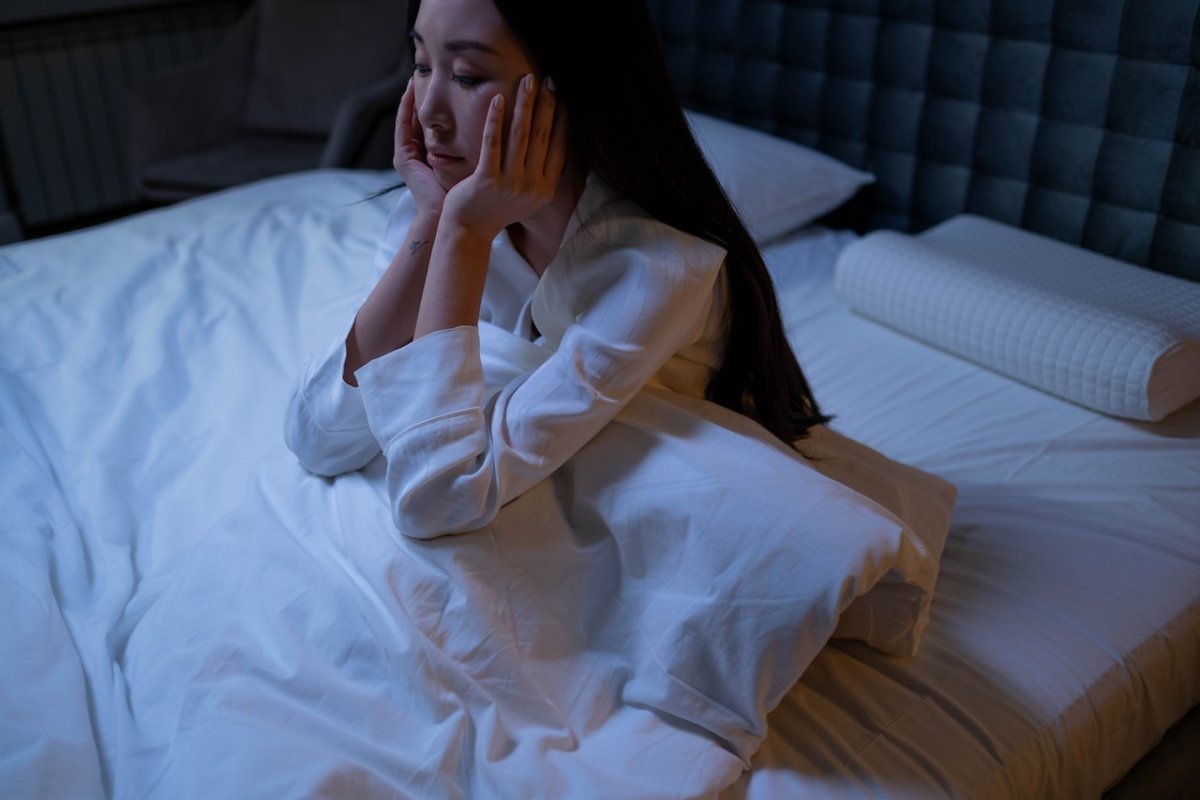
Change of seasons can affect our sleep patterns – an expert tells how to sleep better at night.
There are many things that can disrupt our nightly routine and make it difficult to sleep. For example, increased feelings of stress and anxiety often contribute to insomnia. And changes in temperature and light outside can also have an effect.
Physician Irina Andreeva spoke specifically for MedicForumon how to prepare for new sleep habits as the winter months approach .
4 tips to fall asleep with a cough or stuffy nose
Create a good morning routine and stay awake
When the morning is dark, it can be easy to want to stay in bed, but I can't help but emphasize the importance of not oversleeping.
“This can cause you to feel sluggish the next day, meaning you may be tempted to take a nap or go to bed earlier, the latter being able to disrupt your circadian rhythm. One way to get out of bed at a reasonable time is to create an enjoyable morning routine that will make you want to get up and get on with your day,” Andreeva says.
If you want to start your day with a run, light yoga, or even make yourself a delicious healthy breakfast, make sure you start your day with what you really like, what is worth getting out of bed on time.
5 best tips on how to lose weight
Get plenty of daylight
< br>Light is important, especially light in the early morning. Foggy and dim autumn days often mix day and night, and it is the difference between the brightness of the day and the darkness of the evening light that amplifies our internal clock.
“It is important to provide enough daylight during the autumn and winter months. Bad mood or seasonal depression (SAD) can be common during the cold and dark months, and this is often associated with a lack of daylight,” the doctor advises.
MedicalForum has previously written about the signs of pancreatic cancer.
